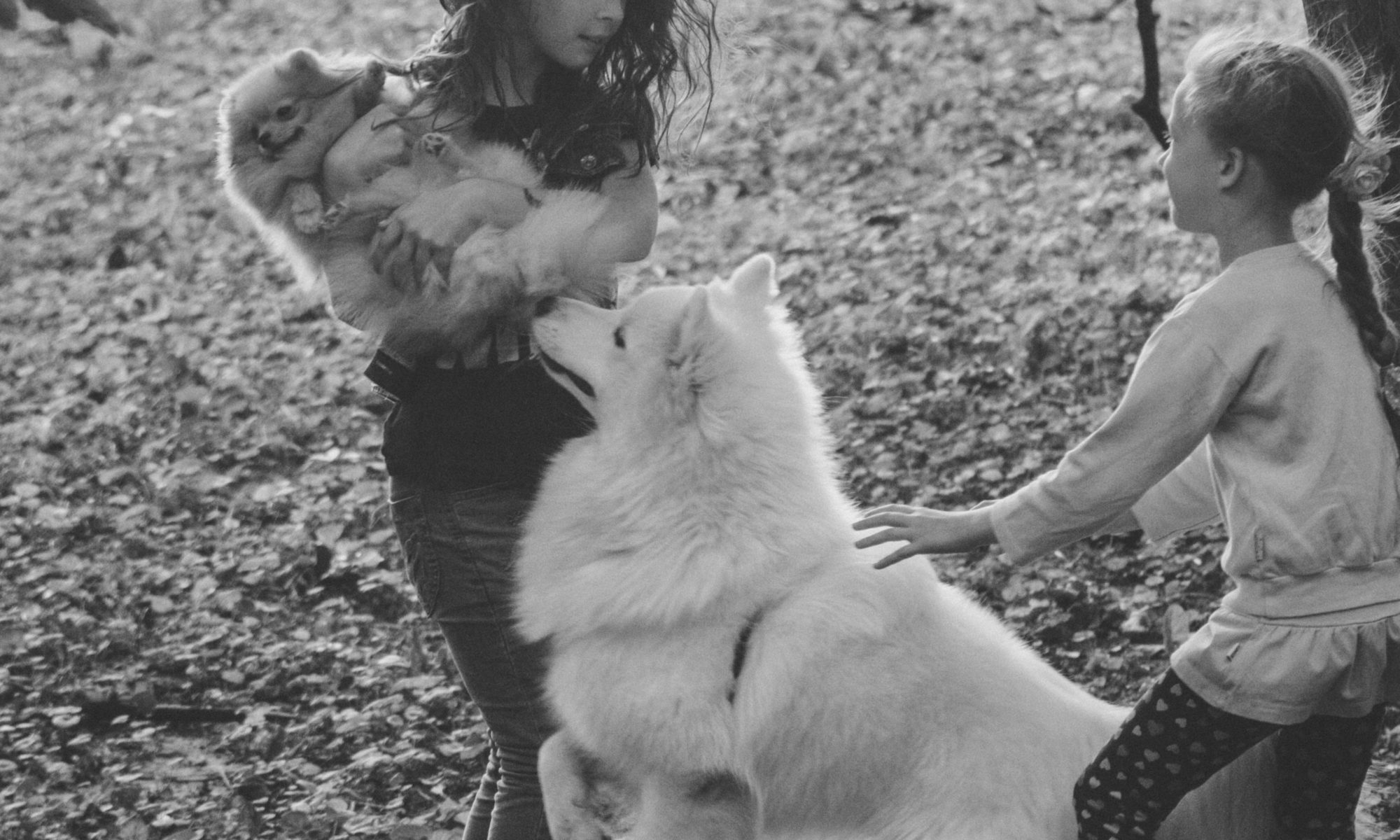Divorce can be one of the most stressful
events, not only in your life but in the lives of children as well. Their world
is turned upside down, and they feel a total loss of control over things they
considered stable and constant in their lives. Coping with those feelings is
challenging for adults, let alone children.
There are different emotions and problems kids
of divorce experience; they often think they are to blame and worry about the
remaining parent leaving them. Providing stability in those times can be one of
the trickiest things you will have to do.
Problems of children of divorce
As we said, kids whose parents are going
through a divorce can suffer from different problems. It is pretty well
documented and studied. Kids can easily fall behind in school, develop social
issues, and deal with a great amount of anxiety and stress. All of that is
extremely unhealthy and potentially dangerous for their physical and
psychological development.
Studies have shown that co-parenting and
having a great relationship with your ex can benefit children whose parents are
separating. The truth is, not many former couples are capable of doing that,
even for the children’s sake.
Constant fighting and bickering can have a
more damaging influence on children than the divorce itself. It is a
transition, but a transition children can weather if their two role models get
along. Pets, especially dogs, can positively influence children’s psychology,
not only if their parents are splitting, but also if they are not.
Dogs have played an important companion to
children throughout history, and some cultures even had their family pets sleep
with their kids in their beds. To children, it is like having a live teddy bear
that teaches them vital life lessons.
Value of owning a dog
Around 71 million households in the US already
have a pet, and if you don’t already have one, getting one for your kid/s can
be a blessing in these times. There are numerous benefits kids get from owning
a dog, and not only will the dog provide unconditional love, but they will also
teach them valuable life lessons. Here are the most useful benefits kids get
from owning a dog.
Unconditional love
The most obvious one is the love dogs show
“their” humans. Psychologists have proven over and over that dogs are a
fantastic source of support and unconditional love. Divorce is a stressful time
for the children, and during those times of insecurity and change, a dog will
provide stability and security. Some even said that dogs are a “bridge to
sanity.” Things might be changing, but their beloved dog will always remain by
their side and provide plenty of love and affection.
Stress relief
Dog owners have long claimed that petting and
spending time with their dogs is excellent stress relief. Finally, science confirmed
that theory and proved that talking, cuddling, and walking a dog lowers blood
pressure, pulse, and lowers cholesterol. If you combine all these things, you
get one of the best ways to alleviate the cooped-up stress — the same works for
children.
Not only will owning a dog lower their stress
during these times, but they will also get additional exercise, which is hugely
beneficial for modern-day, screen-focused children.
Communication bridge
Post-divorce times can be very troubling, and
adults are often preoccupied with legal things and living arrangements. Dogs
become part of the family, and they can play a vital role as the “communication
enhancer.” They are often the bridge that helps adults and children communicate
and have conversations that can be awkward and hard.
Other than helping their families, dogs also
enhance the kids’ communication skills. Taking a dog to the dog park or simply
walking them through the neighborhood will make you run into other dog owners.
Children learn both directly and indirectly how to communicate and how to
sharpen their communication skills. It is a valuable lesson that will help them
throughout their life.
Connection and Security
Dogs are absolutely awesome, and not only are
they a great source of fun, but they also provide kids with a connection on a
deeper level and a strong feeling of security. Child psychologists have proven
the positive effects of dogs (and other pets) have on kids during divorce,
illness, and even a family member’s death. Dogs provide them with stability and
the feeling of being less alone and abandoned.
Through that connection, kids learn about
empathy and support. Studies have shown that children with dogs are more
sensitive to other people’s sufferings and have shown healthier self-confidence
than those who don’t have a pet. It is another valuable life lesson kids get
from dogs.
Secret sharer
This is one of the most important things dogs
bring to kids whose parents are going through a divorce – a confidant. Kids
love talking to their dogs, and some even find that sharing their secrets and
fears with their dogs is easier than sharing them with adults or therapists. A
dog is always there and will lend an ear without any judgment or opinions. Dogs
will simply listen and offer cuddles and support when needed.
Owning a dog is also a great way of bonding.
Some parents might have trouble communicating and bonding with their kids after
or during the divorce, and walking a dog can be the first activity that
divorced parents and kids can do together. Commenting, laughing, and playing
with the dog is something everyone will enjoy.
Options
There are over 400 internationally recognized
dog breeds, and that is if you are not counting mixed dogs and crossbreeds. You
can specifically pick a breed that will go great with the child’s character.
Some breeds are active; some prefer staying at home and cuddling.
There are many different options for you to
choose and make sure you get a dog that perfectly fits your children. There is
also the option of adopting, which some future dog owners prefer. A good thing
is that all dogs can become emotional support dogs; the specific breed is
not a condition that needs to be fulfilled.
Protector or cuddler
A dog can be so much more than just a best
friend (which is already a significant role). Some dog breeds have guarding
characters, and their mean look and protective characters can provide kids with
an additional feeling of security. You might have some doubts about these
breeds, but they are incredibly devoted and loving towards their own families.
If you think that having a relatively large
breed might be hard to raise and have at home, different small dog breeds can become excellent cuddling
partners. Some breeds were developed to become the perfect companion, so there
is no reason to believe that they won’t become precisely that to your children.
Benefits of owning a dog as a
divorcee
If you are reading this, it probably means you
went through a very stressful change in your life, and you are thinking about
your children. The truth is, getting a divorce is extremely hard on parents as
well. You might not admit it, but handling emotions and change is not very
easy. Most of us have a lot of trouble withstanding the situation.
Owning a dog is not only good for kids but for
grown-ups as well. Dogs offer many things you probably didn’t even think about
at first. Here are some of the benefits dog ownership can provide to people
that are alone after a divorce.
Social lubricant
Even if you got a dog because of your
children, you would most likely be the one taking care of it. Pretty soon, you
will understand the benefit of owning a dog, but first, let’s start with the
social part. Owning a dog requires walking them and visiting dog parks. Dog
parks are filled with other dog owners, and having a dog can be a great
conversation starter. It is a place to meet new friends and get support where
you didn’t even look for one.
Emotional support
There is a reason why plenty of dogs are
emotional support animals. They are sensitive and have a special connection
with their owners. They can feel our anxiety, panic, or stress, and they are
ready to provide us with support even if they can’t talk.
Physical activity
Many couples that are separating let
themselves go and forget how important physical activity is. Dog owners have an
obligation in the form of an animal that needs to go for walks every day. Dogs
don’t care if it is raining outside or if it’s windy and cold. They need to go
out, and going out means more physical activity for you. On average, dog owners
have 19 minutes more physical activity per day than those who don’t own a dog.
Getting a dog can be a huge thing at this
point in your life, and it is certainly one of the best decisions you can make
for yourself in general. However, you need to be realistic and make the best
possible decision. Think about the time, budget, and schedule, and make the
best possible decision for you and your family.



